On October 1, 1949 in the imposing Tiananmen Square in Beijing, Mao Zedong announced the birth of the People’s Republic of China. In the early 1900s, China was a nation in crisis, powerless to stop the incursions of Western colonial powers. In 1912, Sun Yat-sen came to power with Kuomintang, the country’s Nationalist Party. The emperor abdicated, and China became a republic.
On July 1, 1921, the Chinese Communist Party was established in Shanghai. One of its founders was a young librarian from a farming family named Mao Zedong. The fight against the powerful ruling class of landowners won millions of peasants to the new party. Mao believed that the peasant class would lead the coming revolution. The Communists fought with the Nationalists for control of the country.
In 1927, civil war broke out between Nationalists led by General Chiang Kai-shek and the Communists. The war gave Mao a chance to prove his talent in military strategy. In 1934, Mao marched his army 10,000 kilometers on foot to escape surrounding Nationalist troops. They marched from southern China to the Mongolian border. The Long March cost 100,000 lives but proved decisive in keeping the Red Army intact against the Nationalists. The feat consecrated Mao as the undisputed leader of the Chinese Communists. The Japanese invaded China in 1937, interrupting the civil war. The two Chinese armies agreed to unite against their Japanese aggressor, but despite fierce opposition, their efforts proved fruitless. By 1939 Japan had taken over parts of China.
The truce of convenience between the Communists and the Nationalists ended after the Japanese were defeated in World War Two. In 1946, the Chinese Communists had fewer soldiers than the Nationalists. But the Nationalist troops were mostly peasant conscripts, and many deserted. In July 1949, the Nationalists were defeated by the People's Liberation Army led by Mao. In Beijing on October 1, 1949, Mao proclaimed a new nation called the People's Republic of China. Thus a new economically undeveloped nation with immense political and economic potential came into being right in the heart of Asia. China made several ideological leaps, including distancing itself from Soviet communism. It also rose to prominence on the international scene, earning a place on the United Nations Security Council.
On July 1, 1921, the Chinese Communist Party was established in Shanghai. One of its founders was a young librarian from a farming family named Mao Zedong. The fight against the powerful ruling class of landowners won millions of peasants to the new party. Mao believed that the peasant class would lead the coming revolution. The Communists fought with the Nationalists for control of the country.
In 1927, civil war broke out between Nationalists led by General Chiang Kai-shek and the Communists. The war gave Mao a chance to prove his talent in military strategy. In 1934, Mao marched his army 10,000 kilometers on foot to escape surrounding Nationalist troops. They marched from southern China to the Mongolian border. The Long March cost 100,000 lives but proved decisive in keeping the Red Army intact against the Nationalists. The feat consecrated Mao as the undisputed leader of the Chinese Communists. The Japanese invaded China in 1937, interrupting the civil war. The two Chinese armies agreed to unite against their Japanese aggressor, but despite fierce opposition, their efforts proved fruitless. By 1939 Japan had taken over parts of China.
The truce of convenience between the Communists and the Nationalists ended after the Japanese were defeated in World War Two. In 1946, the Chinese Communists had fewer soldiers than the Nationalists. But the Nationalist troops were mostly peasant conscripts, and many deserted. In July 1949, the Nationalists were defeated by the People's Liberation Army led by Mao. In Beijing on October 1, 1949, Mao proclaimed a new nation called the People's Republic of China. Thus a new economically undeveloped nation with immense political and economic potential came into being right in the heart of Asia. China made several ideological leaps, including distancing itself from Soviet communism. It also rose to prominence on the international scene, earning a place on the United Nations Security Council.
RELATED
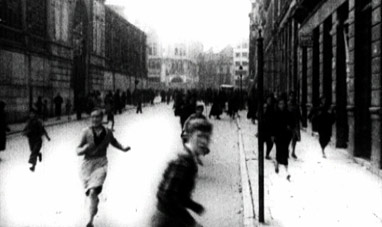

THE SPANISH CIVIL WAR


THE SECOND INTIFADA
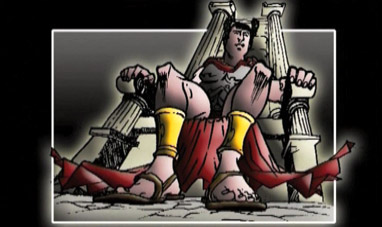

THE EDICT OF MILAN
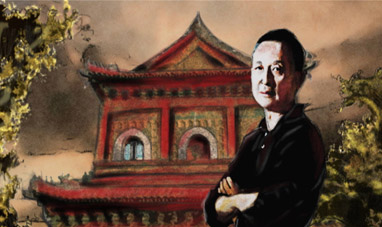

GAO XINGJIAN
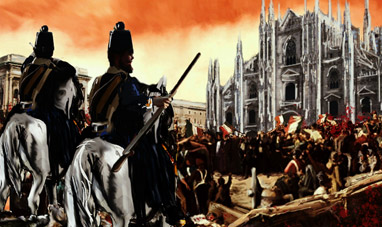

FIVE DAYS OF MILAN


THE FIRST GULF WAR
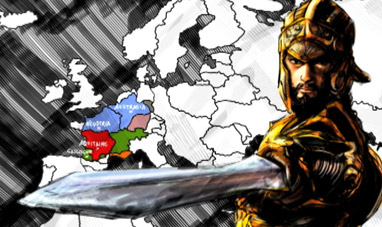

THE BATTLE OF TOURS
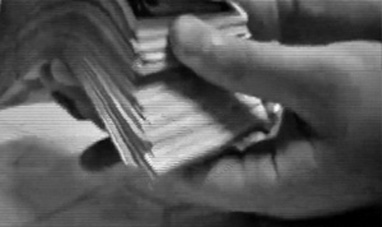

TANGENTOPOLI
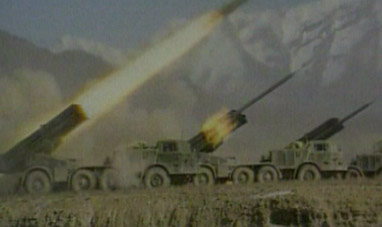

THE SOVIET INVASION OF AFGHANISTAN
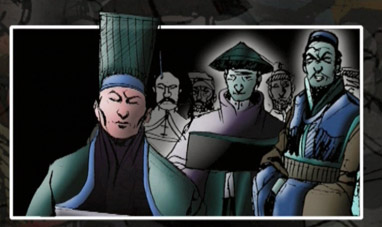

EARLY CHINESE DYNASTIES
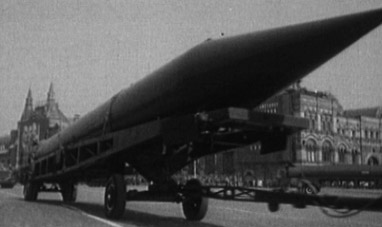

THE CUBAN MISSILE CRISIS
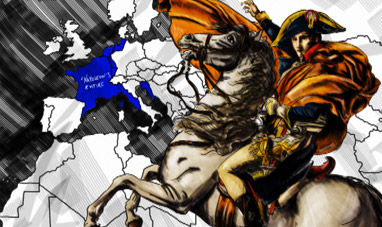

THE BATTLE OF AUSTERLITZ
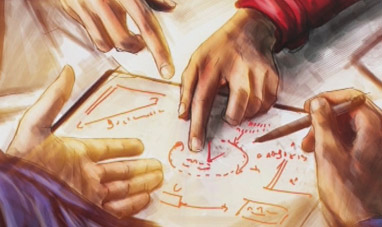

BUILDING THE SUEZ CANAL
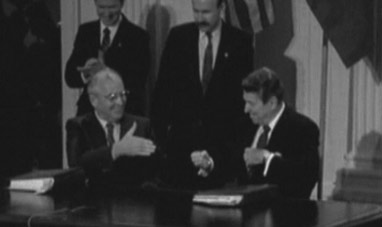

THE COLD WAR
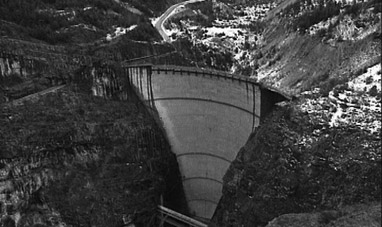

THE VAJONT DISASTER


ITALIAN IRREDENTISM
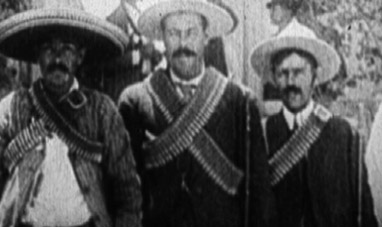

THE MEXICAN REVOLUTION
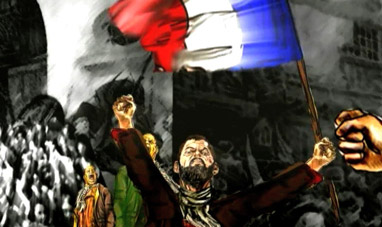

THE FRENCH REVOLUTION


ASIAN TSUNAMI 2004
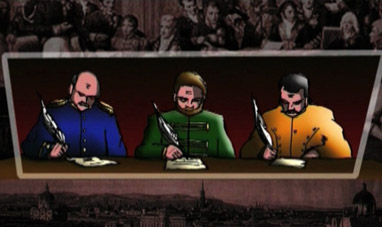

THE CONGRESS OF VIENNA


THE BALKAN WARS OF THE 1990S


DENG XIAOPING


THE MARCH ON TIANANMEN
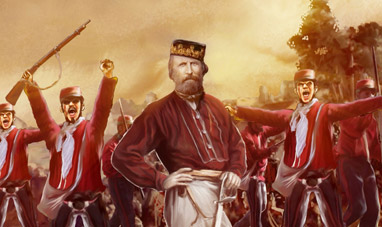

THE EXPEDITION OF THE THOUSAND


NORMANDY LANDINGS


THE ABU GHRAIB SCANDAL


SEPTEMBER 11, 2001
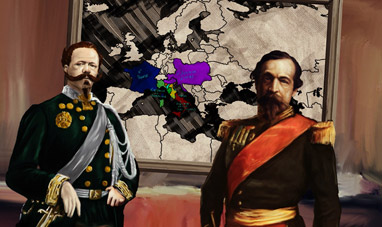

PLOMBIÈRES AGREEMENTS
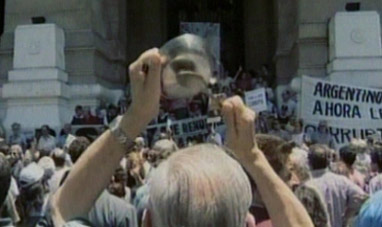

THE 2001 ARGENTINE ECONOMIC CRISIS
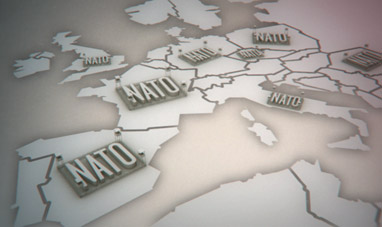

NATO (NORTH ATLANTIC TREATY ORGANIZATION)
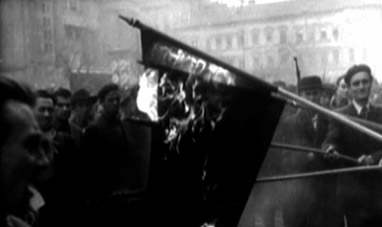

THE PRAGUE SPRING


FIRST ITALIAN WAR OF INDEPENDENCE
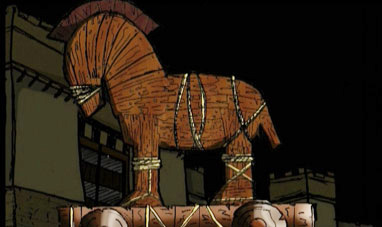

THE TROJAN WAR


THE FIRST INTIFADA
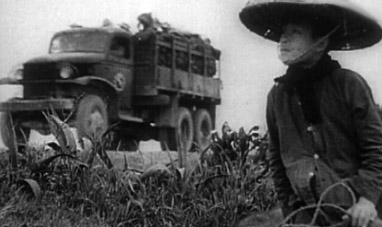

THE VIETNAM WAR
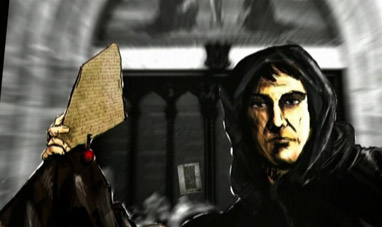

THE PROTESTANT REFORMATION
